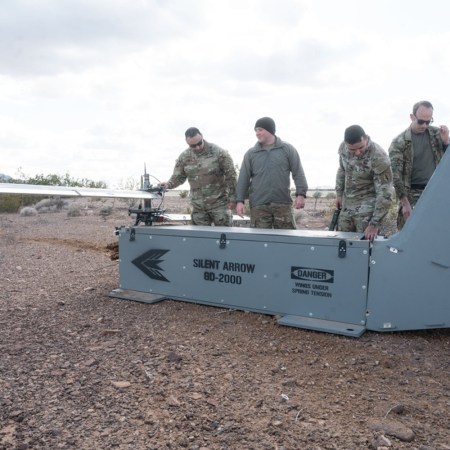From all appearances, Four Square Laundry looked like any enterprising mobile laundry service.
It would come to your home, pick up your dirty laundry and haul it away. Then, a couple days later, your clothes would return, freshly cleaned and folded.
The prices were unbeatable, and an attractive young lady even provided the door-to-door service.
But what some select citizens of Belfast in the early 1970s didn’t know was that washing their clothes wasn’t Four Square Laundry’s goal – it was testing them.
The entire service was set up as an elaborate ruse that would allow the British military, early in the years-long conflict between Britain and Irish separatists, to try to identify bombers working for the Irish Republican Army (IRA).
For every pick-up the laundry service made, the Brits would test the clothes for traces of explosive material, gun oil or gunpowder.
“After testing, they’d record and register any positive clothing and have the laundry washed and returned,” according to a King’s College of London dissertation, citing a book by Simon Cursey, a former member of the secret Mobile Reaction Force (MRF). “Later, the uniformed forces would make follow-up spot searches of the whole area, including the suspect addresses and would usually find weapons, ammunition or explosives in the houses.”
Cursey’s unit, the MFR, had been set up the year before, in 1971.
“Although its role has subsequently been sensationalized, the purpose of this unit was limited to surveillance and information gathering, usually by two- or three-man teams in suitably battered cars who observed potential bomb targets and photographed suspected ‘players,’ as IRA men were known,” according to a history by former British military officer Jon Latimer.
Latimer says that while the MRF’s original duties were more mundane, a change of leadership in April 1972 pushed the group towards more “unorthodox deceptions.”
“Much of the surveillance continued to be carried on by plain clothes soldiers in cars, but other operations involved establishing observation posts in attics, running phony businesses (including a massage parlor) and sending women soldiers around as door-to-door cosmetics saleswomen,” Latimer writes.
The Four Square Laundry was “one of the more ambitious operations.” It was reported to be successful, but was only around for a few months before it all ended, as many things did at that time in Belfast, in bloodshed.
Late in 1972 the IRA became suspicious of one of its own members and interrogated him. Under questioning, the man reportedly admitted to being a double agent for the British and let slip the secret of the laundry service.
One day in October, as the van was making its usual rounds, the IRA attacked. The gunmen “riddled” the van with bullets, according to The Irish Times, killing at least one soldier. The woman, who was delivering clothes to a house at the time, was sheltered there by the home-owners, who had no idea she too was a British soldier.
“The fact that she was from Coleraine and had a Northern Irish accent probably saved her,” the King’s College dissertation says.
The massage parlor run by the MRF was also attacked, but it’s unclear if anyone was killed in that assault.
The MRF continued to operate in Belfast until court hearings regarding an unrelated shooting outed the secret group in 1973, according to Latimer. It was then transformed in the 14th Intelligence Company.
As for the IRA member who was discovered to be a British agent and gave up the laundry operation, he and another purported informer were taken away by the IRA and summarily executed.
This article was featured in the InsideHook newsletter. Sign up now.






















